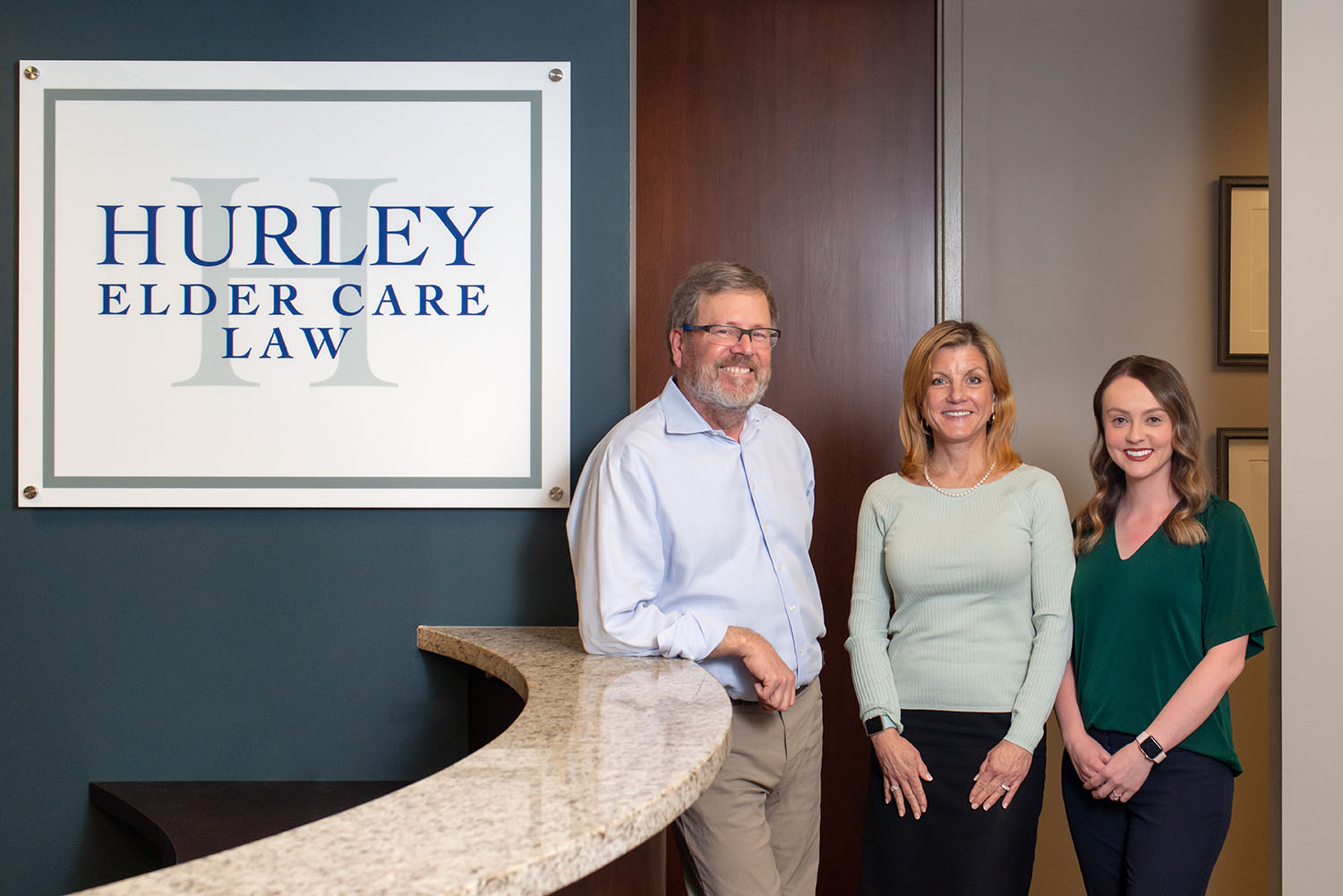POSTED IN: General Info
TAGS: Elder Law, Elder Law Attorney
Share this
Attorneys, just like many other professionals, can choose to be generalists or specialists. When dealing with elder law matters, it is important for every client to know the difference between an attorney who specialized in elder law and one who dabbles in elder law.
“There’s an attorney in my congregation who can help me with my Medicaid questions.”
We often hear from potential clients that they want to reach out to their neighbor, distant relative, or friend who happens to be an attorney to help with their estate planning or long-term care questions. It is tempting to seek counsel from a friendly, knowledgeable member of our social network; but this can be a costly mistake. You wouldn’t seek the advice from a urologist for your joint issues.
Elder law issues are complex and ever-changing. Medicaid laws, VA rules, and other state and federal laws are constantly being revised and updated. Working with an attorney who stays updated and tuned in to the latest changes and who is current on best practices is imperative to getting the best advice. Additionally, elder law attorneys are capable of addressing complicated family dynamics and questionable capacity issues. Attorneys without special training and experience are often ill prepared to deal with these unique needs.
The CELA certification is the “gold standard” for elder law practitioners.
The National Elder Law Foundation offers the only special certification for elder law attorneys. The CELA designation includes several steps and several different types of qualification, all of which are designed to assure that our clients receive excellent legal care. To attain a CELA certification an applicant must:
1.) Have practiced law for at least five years and have focused at least half of their practice in the special needs/elder law field for at least three of those years.
2.) Have handled at least 60 elder law matters during those three years with a specified distribution among various subjects, for example: Estate Planning, Medicare/Medicaid, Veterans Benefits, Special Needs Trusts, Long-Term Planning.
3.) Pass a rigorous, day-long written examination, which is only offered twice a year. Recent pass rates have been below 50%. The pass rate was 33% for those who took it in the fall of 2014! Attorneys who want to work with this population are held to a very high standard.
4.) Undergo a review by peers and colleagues focused on the applicant’s reputation for ethical and competent representation in elder law and special needs planning matters.
Hiring a CELA is the surest method of confirming that you are working with a qualified attorney.
The CELA designation reflects the hard work and commitment of the elder law practitioner. There are approximately 500 CELAs in 48 states, 12 are licensed in the state of Georgia. Two of the three attorneys at Hurley Elder Care are CELAs. With the specialized training and practice in elder law, along with the additional resources available to us as CELAs, we understand the current state of elder law and offer an expert level of representation to our clients. As a CELA we also understand the challenges facing our elderly clients and are trained to specifically address their needs. You can learn more about our attorneys on our website. To find a CELA near you, search NELF’s attorney directory.
Hurley Elder Care Law is dedicated to helping Georgians find, get, and pay for good long-term care. We provide timely, professional services to those needing help with estate planning, asset protection, Medicaid planning, VA benefits, guardianship, conservatorship, and estate administration. To find out how we can help you, please call our office at (404) 843-0121 or contact us through our website.
Share this
Subscribe to our blog and monthly newsletter.











